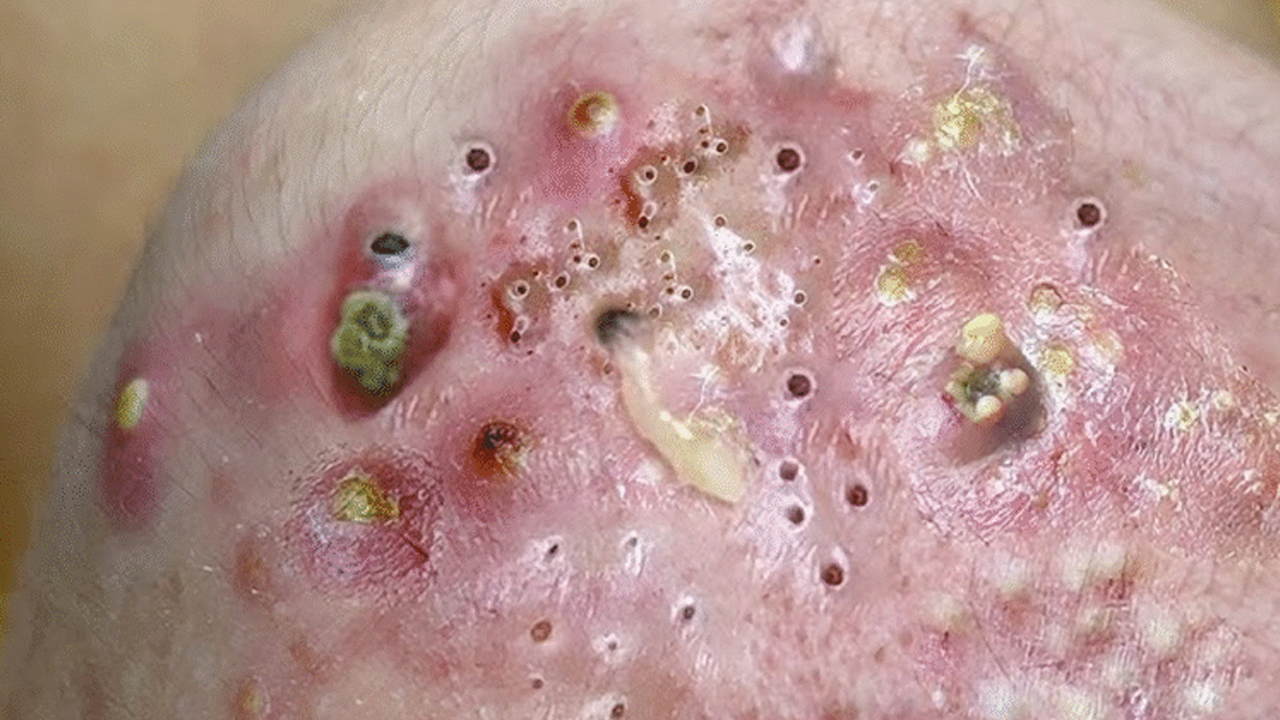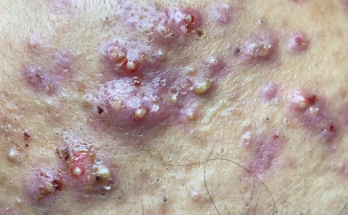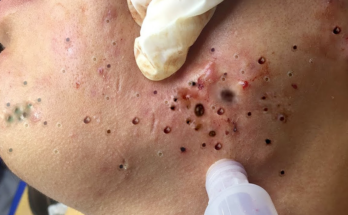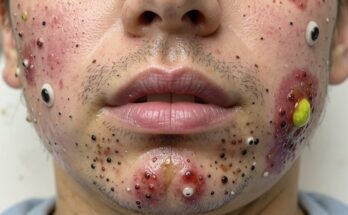Understanding and Tackling Blackheads: A Comprehensive Guide
Blackheads, those pesky dark spots that mar our complexion, are a common skin concern. But what exactly causes these unwelcome guests? Let’s delve into the science behind blackheads and explore effective strategies for prevention and treatment.
The Root of the Problem: Blackhead Formation
The Clogged Pore Conundrum
Blackheads, also known as open comedones, arise from a simple yet frustrating process: pore blockage. Dead skin cells, excess sebum (oil), and bacteria accumulate within a hair follicle, creating a clogged pore. This trapped mixture oxidizes, resulting in the characteristic dark color we associate with blackheads. The blockage prevents the natural expulsion of these substances, leading to the formation of the blemish.
Common Blackhead Locations
While blackheads can appear virtually anywhere on the body, they tend to favor areas with a higher concentration of sebaceous glands. These include the nose, chin, forehead, and chest.
Preventing Blackhead Formation: Proactive Skincare
Proactive skincare is key to minimizing blackhead formation. A consistent routine focusing on cleansing, exfoliation, and proper moisturization can significantly improve your skin’s health and reduce the likelihood of clogged pores.
Cleansing: The Foundation of Clear Skin
Gentle, daily cleansing is crucial to remove dirt, oil, and makeup. Choose a non-comedogenic cleanser—one that won’t clog pores—that incorporates ingredients like salicylic acid or benzoyl peroxide, known for their ability to unclog pores and prevent future breakouts. Avoid harsh scrubbing, which can irritate the skin and worsen acne.
Exfoliation: Removing Dead Skin Cells
Regular exfoliation (two to three times per week) is essential to remove the buildup of dead skin cells that contribute to pore blockage. Chemical exfoliants such as salicylic acid (BHA), which dissolves oil, and glycolic or lactic acid (AHAs), which smooth skin texture, are preferred over abrasive scrubs, which can damage the skin’s protective barrier.
Moisturization: Maintaining Skin Balance
Even oily or acne-prone skin needs hydration. A lightweight, oil-free, non-comedogenic moisturizer helps maintain the skin’s moisture balance, preventing it from overproducing oil as a compensatory mechanism.
Sun Protection: Shielding Your Skin
Daily application of broad-spectrum sunscreen with an SPF of 30 or higher protects your skin from sun damage, which can worsen acne and lead to dark spots. Opt for a non-comedogenic, oil-free formula.
Treating Existing Blackheads: Multiple Approaches
While prevention is ideal, dealing with existing blackheads requires a multi-pronged approach.
At-Home Treatments: Gentle Yet Effective
Several at-home treatments can help manage blackheads:
- Pore Strips: These provide temporary blackhead removal but can irritate sensitive skin.
- Clay Masks: Bentonite or kaolin clay masks absorb excess oil and help clean out pores (use twice a week).
- Facial Steaming: This gently opens pores, making them more receptive to exfoliants or clay masks. However, avoid over-steaming, as it can dehydrate your skin.
Topical Treatments: Targeting Specific Concerns
Topical treatments offer targeted solutions for various acne concerns:
- For blackheads and whiteheads: Retinoids (like adapalene or tretinoin) promote cell turnover and prevent clogged pores.
- For inflammatory acne: Benzoyl peroxide kills acne-causing bacteria, while niacinamide reduces inflammation and redness. Azelaic acid targets acne and helps fade pigmentation.
Avoid These Common Mistakes!
Resist the urge to pick or squeeze blackheads; this can lead to scarring and infection. Over-washing strips the skin of its natural oils, potentially worsening acne. Steer clear of comedogenic (pore-clogging) makeup and skincare products.
Medical Intervention: When Professional Help is Needed
Persistent or severe acne may require professional intervention. A dermatologist can recommend various treatments:
Prescription Medications: Addressing Severe Acne
- Topical prescription retinoids, antibiotics, or hormonal therapy.
- Oral antibiotics (doxycycline, minocycline): Effective for moderate acne.
- Hormonal treatments (birth control, spironolactone): Useful for hormonal acne.
- Isotretinoin (Accutane): Reserved for severe, cystic acne.
Professional Treatments: Advanced Solutions
- Chemical peels: To exfoliate and improve skin texture.
- Comedone extraction: Performed by a dermatologist or esthetician to remove blackheads.
- Laser or light therapy: To reduce inflammation and kill bacteria.
- Microneedling: To improve acne scars.
By combining proactive skincare with appropriate treatment options, you can effectively manage blackheads and achieve clearer, healthier skin. Remember to consult a dermatologist for personalized advice and treatment plans, especially if you are dealing with severe or persistent acne.










